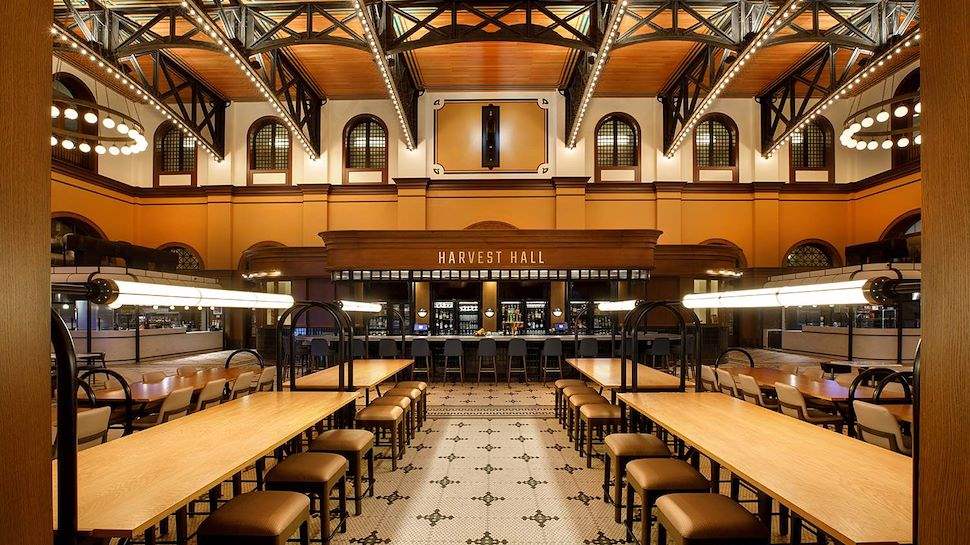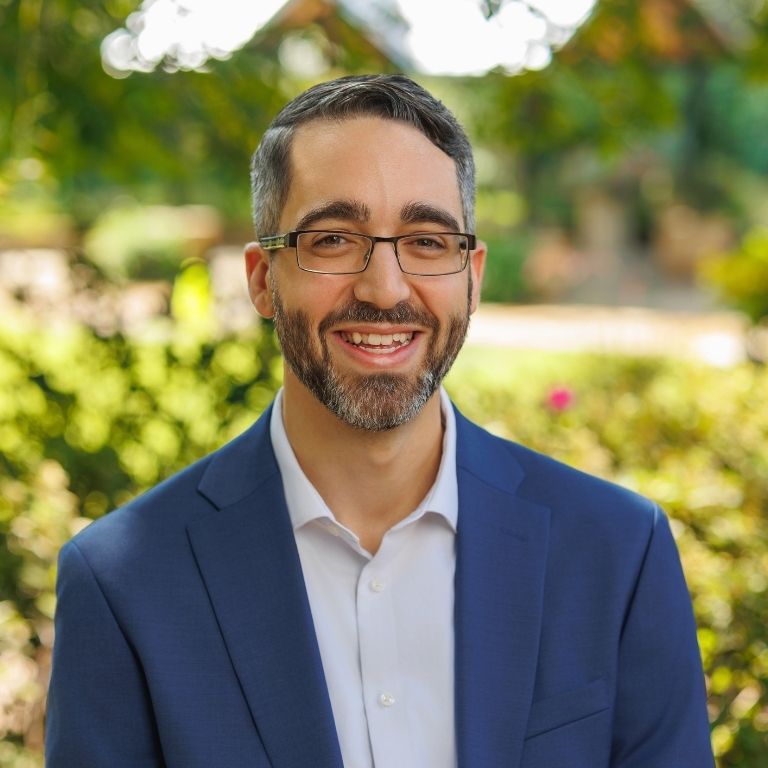Designing Beyond the Assembly Line

10 Feb 2025
News
The Detroit factory where Henry Ford first began mass-producing automobiles had a transformative impact not just on the auto industry but on manufacturing and business practices across all industries. However, that factory was singular in purpose—assembling a Model T as quickly and uniformly as possible.
Today, while optimal efficiency in production remains a primary goal, modern manufacturing facilities have evolved to serve a broader purpose. These facilities can now have a transformative impact on the communities where they reside. They not only improve the quality of life for both workers and residents but also spur the development of critical infrastructure and services to meet growing local needs. By achieving these holistic benefits, manufacturing plants contribute greatly to the sustainability and long-term success of their surrounding areas.
More Topics








